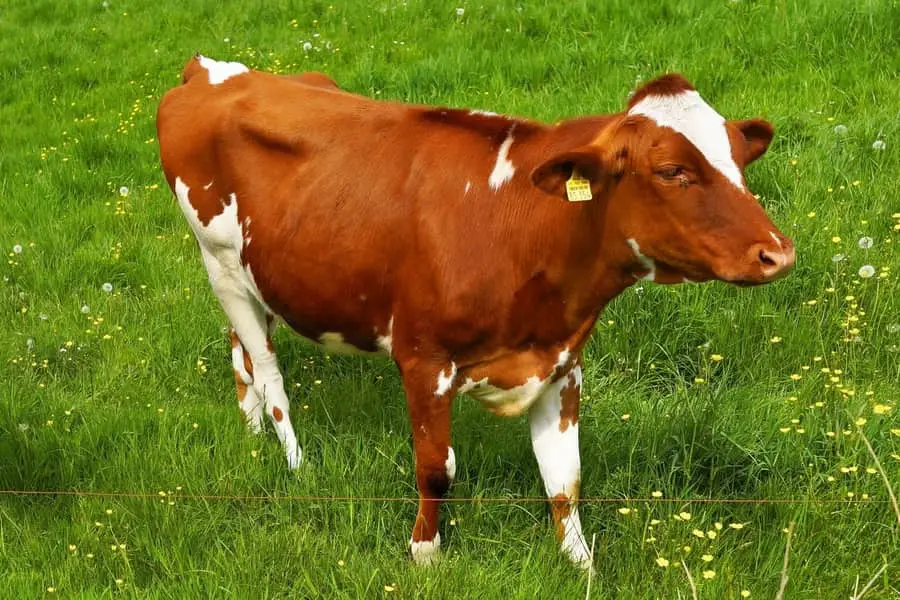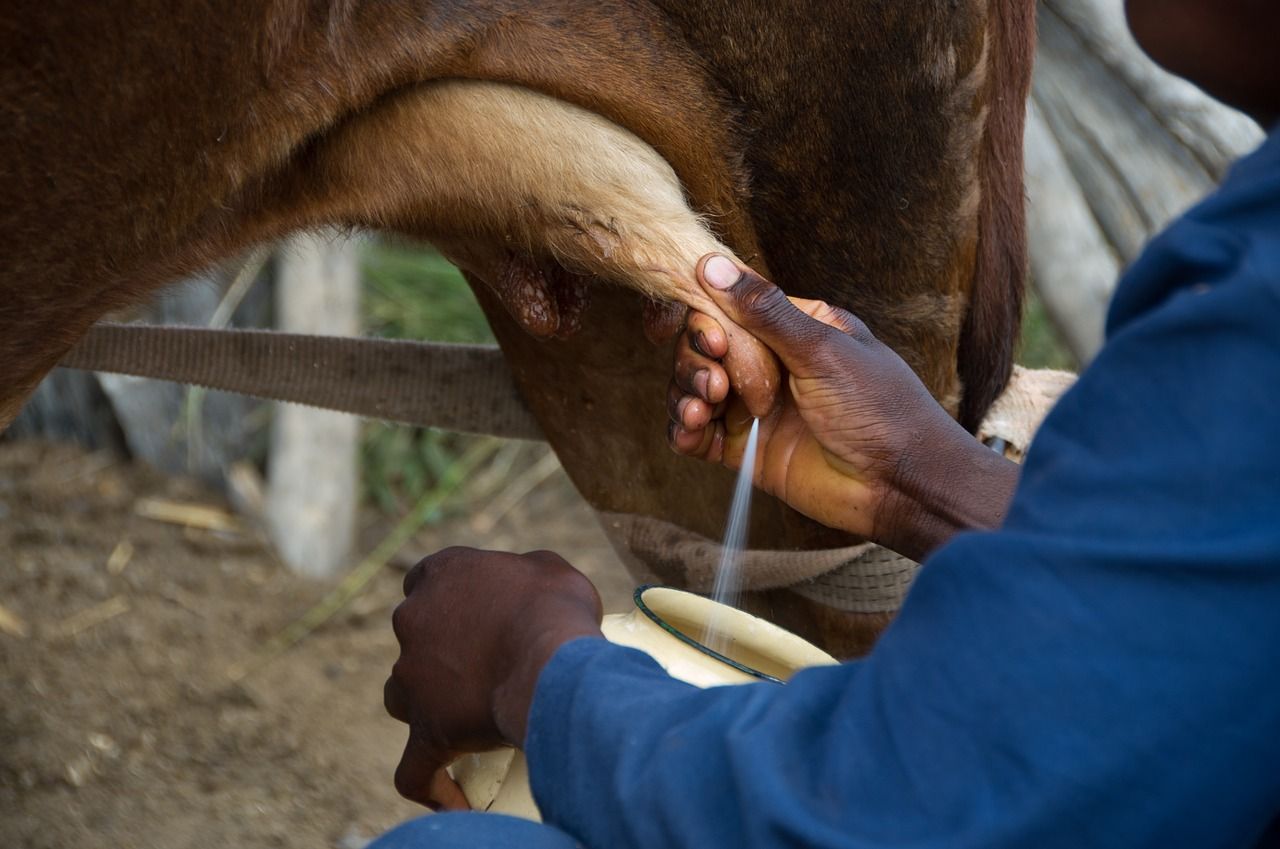
When they stand too long cows become stressed lose weight get sore feet and produce less milk. If you do not milk the cow several times and do not follow the regularity of milking the following problems may arise.

When they stand too long cows become stressed lose weight get sore feet and produce less milk.
What happens to a cow if you dont milk it. If a cow isnt milked at least once a day the build-up of pressure in her udder causes great discomfort and could lead to skin rupture and serious conditions like mastitis. Can you imagine what happens on a farm where the farmer prohibits work on a Sunday. What happens to a cow if you dont milk it.
IF MILK is not removed pressure builds up which eventually stops the secretion so that no more milk is produced. If the cow is producing very little. What happens if you dont milk cows.
Well the answer is. If a cow just gave birth or is breed to have a very high milk production not milking would cause pressure to build up in the udder which can lead to infections and cause great discomfort. What happens if a cow isnt milked.
If you dont milk a lactating cow milk will build up in her udders. This can lead to discomfort bruising and udder injury potentially including mastitis or udder rupture and infection. However if the cows calf is allowed to nurse then milking in not typically required.
What happens to a cow if you dont milk it. If a high-yielding cow is not milked by a human there are possibly two things that will happen. Most likely it will develop mastitis and the udder will dry out in a painful way and will not produce milk anymore.
It has to be treated in order to cure mastitis. If you do not milk the cow several times and do not follow the regularity of milking the following problems may arise. Reduction of milk yield.
In addition a non-milked cow experiences physical pain and anguish moans and suffers. If you dont milk them they get incredibly full sore tender and subsequently very grumpy and prone to infected teats. Infected teats lead to one of the biggest problems with cows though which is mastitis.
Some cows are more prone than others but if you dont milk theyll almost invariably end up with it. If a cow is not pregnant or has not recently given birth it will not produce milk. In order to meet the demand for milk millions of calves are brought into existence.
Worldwide there are estimated to be 265million dairy cows. If a dairy cows calf is taken away to increase milk production and you suddenly stop milking her she will continue to produce milk at a rate of eight gallons a day. Naturally this causes the udder to.
It is very painful for high-producing milk cows to be milked even a few hours late. They will let you know about it too bawling stomping their feet and carrying on to express their discomfort. If a cow is left unmilked just once she is likely to reduce milk-production almost immediately and the rest of the season may see her dried off giving no milk and still consuming feed for no.
I asked Leon what happens when you dont milk the cows. Best case they dry up and quit producing milk. Worse case they get mastitis that if not treated can lead to death.
There is a possibility of death due to injury and eventual infection if a dairy cow is not milked. Many wild or less-domesticated if youll allow breeds of cattle bison and other bovines dont suffer from the same danger. Immediately the real problem is that the udders will swell and cause the cow severe pain and stress if not released.
When the lactating dairy cow lies down blood flow is increased to the mammary gland which in return results in a higher milk yield. When they stand too long cows become stressed lose weight get sore feet and produce less milk. Before you put the milker on a cow you should strip them out to make sure that they dont have mastitis and if they dont then you can put the milk up the line into the bulk tank.
I know this because I work on a dairy farm and we do NOT put milk with mastitis into the bulk tank it is fed to the calves and the cats. Cows milk is an exceptional source of food for calves. According to best-selling author and founder of the Save Our Bones foundation Vivian Goldschmidt MD a calf usually weighs around 100 pounds at birth and then gains eight times its weight by the time its weanedMother cows are constructed to cater to the calf in this way.
If the cow is not milked on time the milk builds up in the udder causing painful pressure. Eventually this would lead to an infection of the udder called mastitis which can kill the cow. Throughout this process the calves get little to no access to the milk meant for them.
The cows spread their time in crowded enclosures in the same space continuously for many years. Cattle born with horns are dehorned which is a painful process that targets many nerve endings.